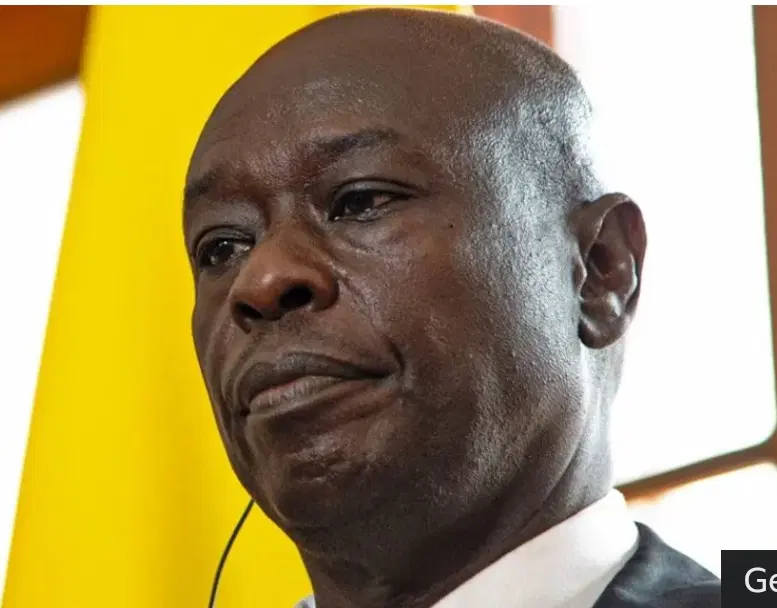In a landmark event, the Kenyan Senate has voted to impeach Deputy President Rigathi Gachagua, marking the first time a deputy president has been ousted since the country’s 2010 constitutional reforms. The Senate found Gachagua guilty on five out of 11 charges, including corruption, money laundering, insubordination, ethnic divisiveness, and undermining the government. Conviction on just one charge was sufficient for his removal.
This impeachment follows a vote by the National Assembly, where the motion to remove him was overwhelmingly supported. Despite his denial of the charges, Gachagua, 59, was unable to testify in his defense due to being hospitalized with severe chest pains. His legal team requested a delay in the Senate proceedings, but this was rejected, leading to a walkout by his lawyers in protest.
President William Ruto, who has had a strained relationship with Gachagua in recent months, has yet to comment on the impeachment. Some Kenyans view the process as politically motivated, suggesting it may be a distraction from recent anti-tax protests that shook the country.
Political analysts warn that the impeachment could have broader political consequences. Karuti Kanyinga of the University of Nairobi suggests that the intense scrutiny of Gachagua’s financial dealings could prompt further calls for transparency regarding President Ruto’s actions.
Despite the Senate’s decision, Gachagua has condemned the impeachment as a “political lynching,” asserting that the accusations are baseless. The fallout from this historic event is likely to intensify political tensions in Kenya, which is already facing economic challenges and public discontent.

